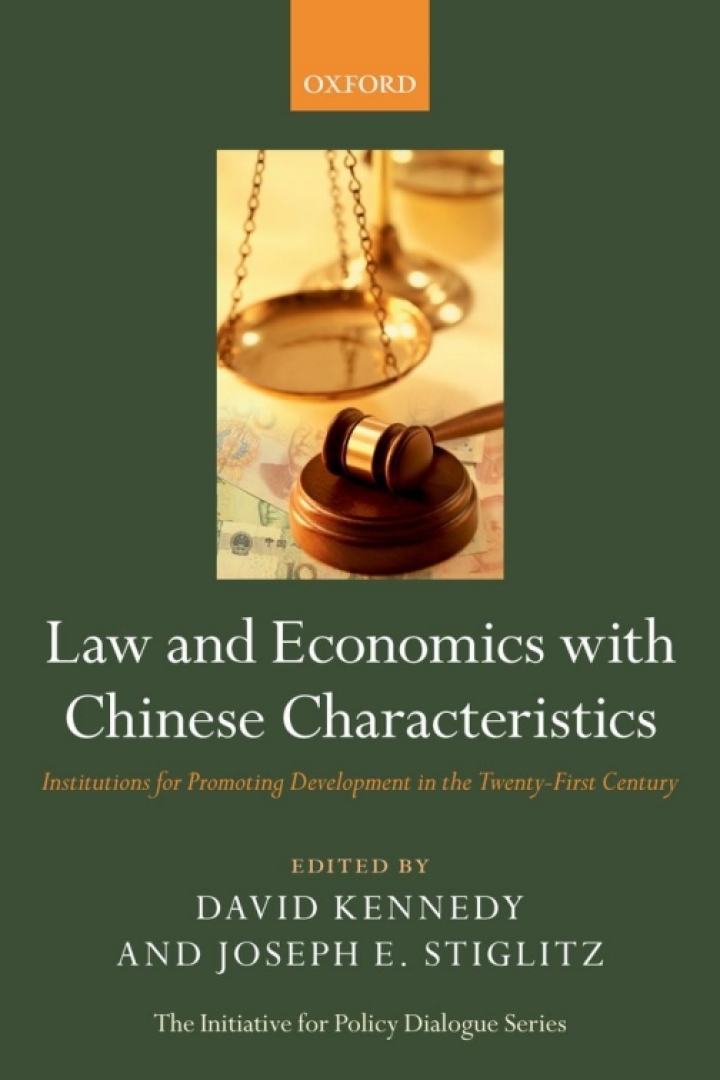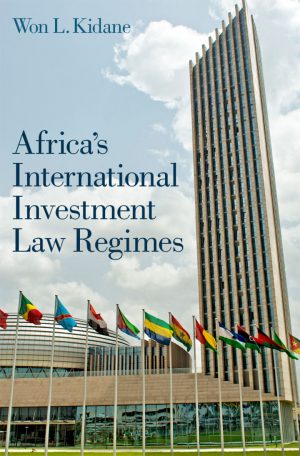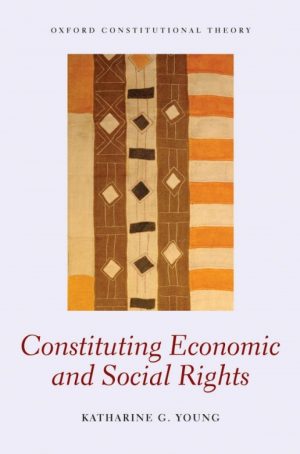Law and Economics with Chinese Characteristics 1st Edition Institutions for Promoting Development in the Twenty-First Century
$26.00
Attention: This is just ebook, Access Codes or any other Supplements excluded! / File Delivery: Sent Via Email within 24 hours!





